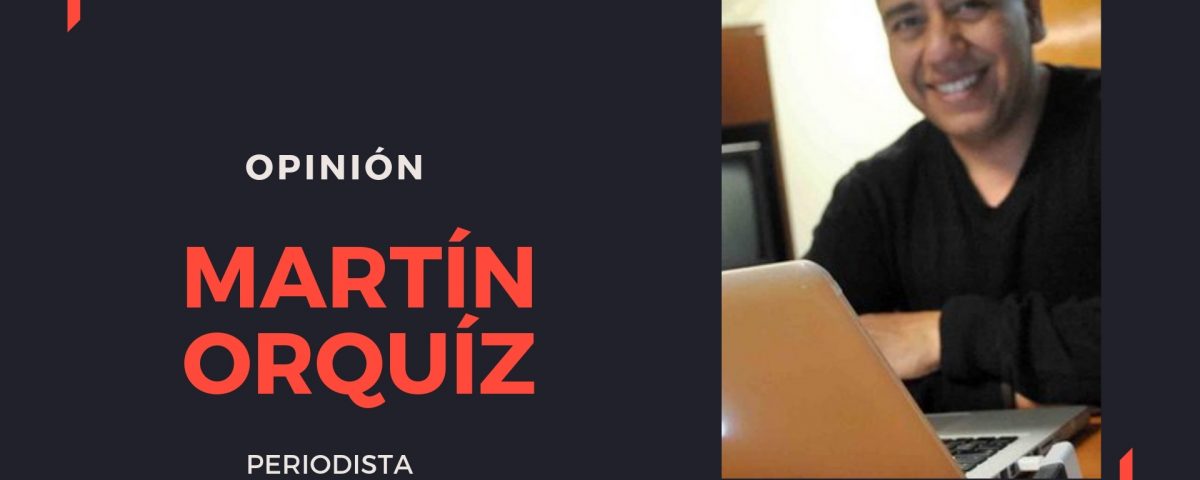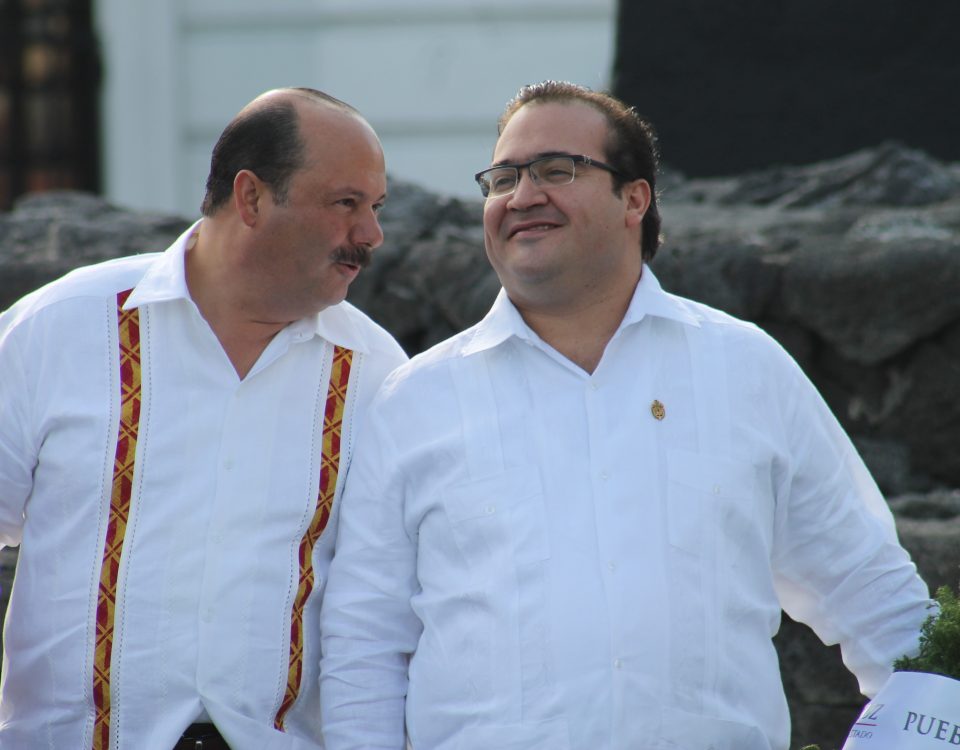
IEEM CONTRIBUTES TO DEMOCRACY FOR 24 YEARS
March 5, 2020
In opacity more than 60 advertising contracts of the municipality of Toluca
March 5, 2020We fight a civil war

Our nation is going through an unprecedented security crisis despite efforts to counter it; while from the federal and local governments strategies are launched that, until now, proved useless, civil society also began to move its gears in order to protect itself against the threatening risk it faces
DOUBLE EDGE
The crime is over in only 5 minutes
We fight a civil war
The violent events that occur in different parts of our country continue to lacerate the spirit of Mexican society, which seems to find no peace in the face of the accumulation of adverse circumstances that citizens face in different territories.
Our nation is going through an unprecedented security crisis despite efforts to counter it; while from the federal and local governments strategies are launched that, until now, proved useless, civil society also began to move its gears in order to protect itself against the threatening risk it faces.
The result of years of impunity, corruption and government indolence is now looming over the inhabitants of different communities ravaged by organized crime, whose members are extremely violent and tend to achieve their objectives at the point of using their "goat horns."
Moreover, the new members of the criminal groups, which are also the product of prolonged official abandonment, are already impregnated by a deadly fanaticism that makes them the ideal cannon fodder for suicide missions.
Faced with such opponents, ordinary citizens must give up living with the freedom and tranquility that, supposedly, they must have in a country with a democratic label like ours.
Gradually, public space was reduced to the extent that in many regions of the country territories are dominated by arms and force, not by law and justice.
A clear example of what happens is the state of Guerrero, where drug trafficking organizations ravage several communities to the extreme, given the fact that the authorities left them practically to their fate, the result was a very logical one, its inhabitants took the things in their own hands.
Faced with the felt lack of protection of the police, people experiment with new forms of self-protection, many of them are totally outlawed, but it is about surviving. They fight fire with fire on the same ground as criminals: illegality.
The inhabitants of Guerrero reached the limit of their tolerance and broke the social pact to defend themselves against groups of drug traffickers who pretend to take over their lives, just as it happened between conquerors and conquered hundreds of years ago.
In the communities of Rincon de Chautla, Ayahualtempa and Zacapexco women have already been integrated into the community police, but the situation is so serious that even infants are trained in defense strategies against criminals.
The subject attracted international attention, especially for photographs where minors appear wielding firearms and in tactical combat positions. They would be extraordinary scenes for a movie, but they are part of the terrifying reality that is lived in those populations.
The violence is so daily that more community police, including women, will soon begin monitoring other villages in Guerrero, including Tula, Zacapexco, Ayahualtempa, Paraíso de Tepila, Alcozacan, Xicotlán, San Jerónimo Palantla, Ahuixtla, Xochitempa and Ahuehueitec.
Their main objective, the villagers themselves reported, is to detain criminal informants and members of the organized crime cells that operate around their homes.
The worst part is that this situation is not new. It was since 2015 when the community police began to defend the territory of Chilapa, where a group known as Los Ardillos maintains a war for the control of the routes for the transfer of drugs.
And what authorities do they play in this conflict?
Apparently not what they should catalyze the threats that now keep the guerrillas in suspense.
It gives the impression, under all these circumstances, that in Mexico a civil war is developing between compatriots, citizens against numerous and powerful criminals, while the government is dedicated to witnessing such confrontations without getting their hands on, as is their obligation.
The levels and acts of violence reach such a degree that even school spaces in other populations are considered unsafe, which further limits the hope of overcoming the dense crisis in which the country is submerged.
The incursion of an armed minor, who killed his teacher to commit suicide after leaving four others injured in a school in Torreón, Coahuila, but the situation in the public eye.
Even the National Human Rights Commission (CNDH) revealed that violence in Mexican schools is daily and common.
In recent years, the instance said, educational sites present risks to school communities.
Through a statement, the CNDH said that the authorities of the three levels of government were unable, for several years, to guarantee the population a peaceful coexistence. We can experience that every day.
The phenomenon of violence within schools obstructs the teaching of students and their social relationships but also contributes to the development of psychological problems and social integration.
It is precisely the educational space that has a primary role in the process to eliminate the widespread violence that overwhelms Mexicans through actions against the factors that cause it, as well as minimizing its promotion and normalization.
However, if the schools are also not safe for children and adolescents in this country, then what corner is left to get up against crime? The answer does not seem easy to find.
***
Martin Orquiz Journalist in Ciudad Juárez, from where he has published for the newspaper El Fronterizo, El Diario de Juárez, Newsweek and La Verdad. He has worked as a reporter, information coordinator, and editor. He is a communicology from the Autonomous University of Chihuahua and has a master's degree in journalism from the University of Texas at El Paso. He received the María Moors Cabot Award 2011 - in the team with the writing of El Diario de Juárez -, he is also co-author of the collective book ‘You and I agree on a terrible night’.







